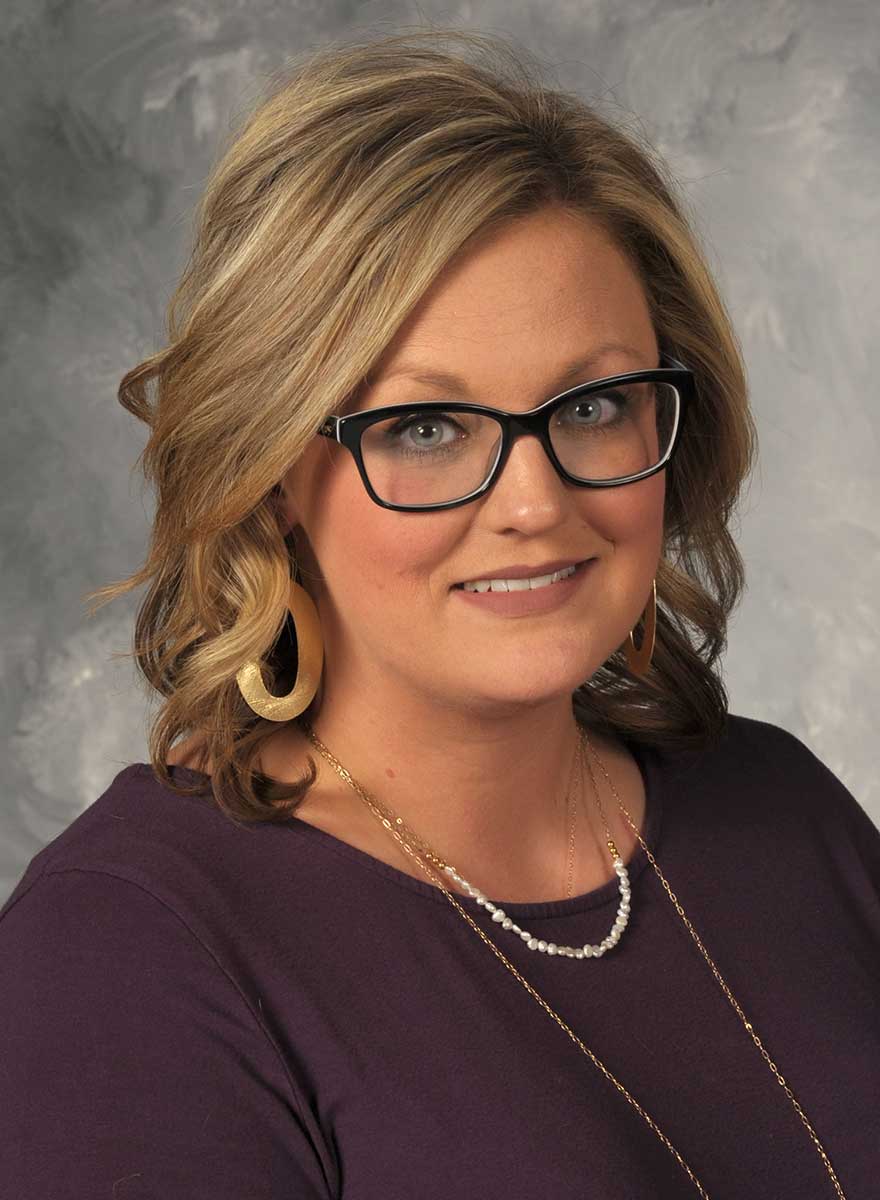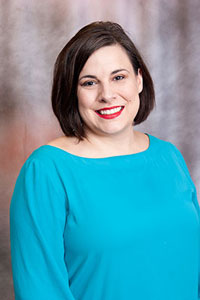Get Started on Your Certificate Today!
The purpose of this program is to provide vocational rehabilitation (VR) counselors, therapists, and graduate students enrolled in VR programs with the expertise to address issues and techniques specific to visual impairment.
The program is sponsored by the National Research and Training Center on Blindness and Low Vision and the Department of Counseling, Educational Psychology and Special Education (a CORE Accredited program) at Mississippi State University. The project is funded by a long-term training grant from the Rehabilitation Services Administration of the U. S. Department of Education. There are only four graduate-level courses involved (all online) and students start coursework in January.
Tuition & Fees
| Tuition per credit hour | $558.50 |
| Instructional Support Fee per credit hour | $25.00 |
Tuition and fees listed are subject to change and do not include all possible charges. Additional fees may apply. Please refer to the master class schedule for individual course charges.



